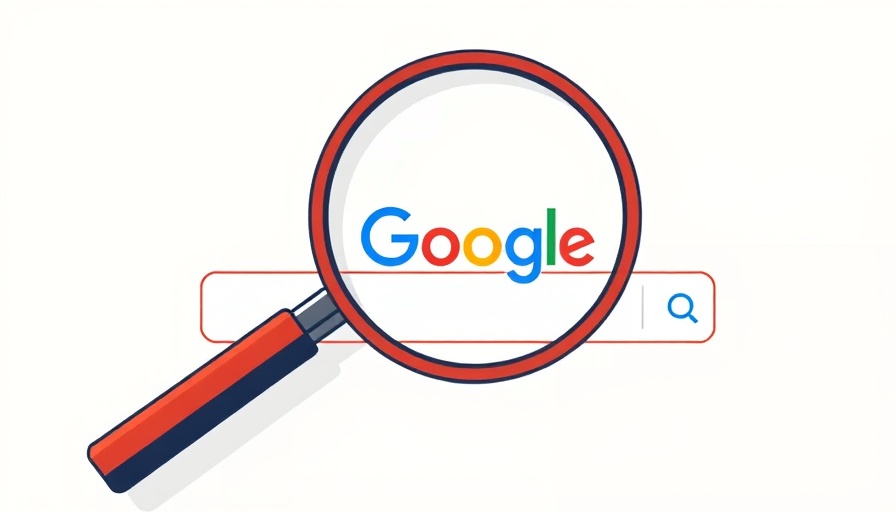
Google’s Search Innovation: A Late Response to AI Trends
For decades, Google has maintained its dominance in the search engine market, pioneering innovations that fundamentally transformed how we access information online. However, with the rise of AI-powered search tools like OpenAI’s ChatGPT, questions are surfacing about whether Google is merely playing catch-up rather than leading the charge. Recent updates from Google, such as the introduction of its AI Mode and enhanced Gemini chatbot features, suggest a race to align with what OpenAI has been doing successfully for months.
Understanding AI Mode and Its Limitations
Google's AI Mode, announced on March 5, 2025, enhances its search capabilities by providing more advanced reasoning and multi-modal answers. Users can ask follow-up questions, transforming the search experience into a deeper engagement with machine learning responses. But many experts, including Will Heaven from MIT Technology Review, critique this shift as unoriginal, a mere reflection of existing features in ChatGPT.
ChatGPT vs Google: User Experience Matters
Recent tests comparing ChatGPT and Google underscore significant differences in user experience. ChatGPT delivers conversational responses that feel more personal and streamlined. For instance, in a recent evaluation, users noted that ChatGPT not only provided faster answers but also presented them in a cleaner format, reducing the clutter often associated with Google's results. As one tester remarked, ChatGPT felt like a helpful friend, whereas Google’s outputs often lead users on a scavenger hunt through multiple links.
The Implications of Google's Response
The push towards AI integration raises major questions about Google's ability to innovate in a market that is rapidly evolving. With competitors like ChatGPT gaining traction, Google may find itself at a crossroads. Although it has the resources and user base to leverage its AI capabilities, the perception remains that it’s adapting late to changing user expectations and new technologies.
A Future of AI-Driven Search
The landscape of search is undeniably shifting. With growing interest in AI applications and evolving user demands, platforms that offer immediate and personalized responses could redefine our interactions with information. As Google introduces new features, it must focus not just on advancing its technology but also on delivering a user experience that resonates with modern digital behavior.
Conclusion: Are We at a Tipping Point?
The ongoing competition between Google and ChatGPT indicates a pivotal moment in the search engine domain. As AI becomes more integrated into our daily online searches, the pressure is on for Google to not only catch up but to lead innovation again. What will this mean for users? We may soon see the emergence of a search experience that is not simply about speed or links, but rather about relevance, context, and personal engagement.
 Add Row
Add Row  Add
Add 




 Add Row
Add Row  Add
Add 

Write A Comment